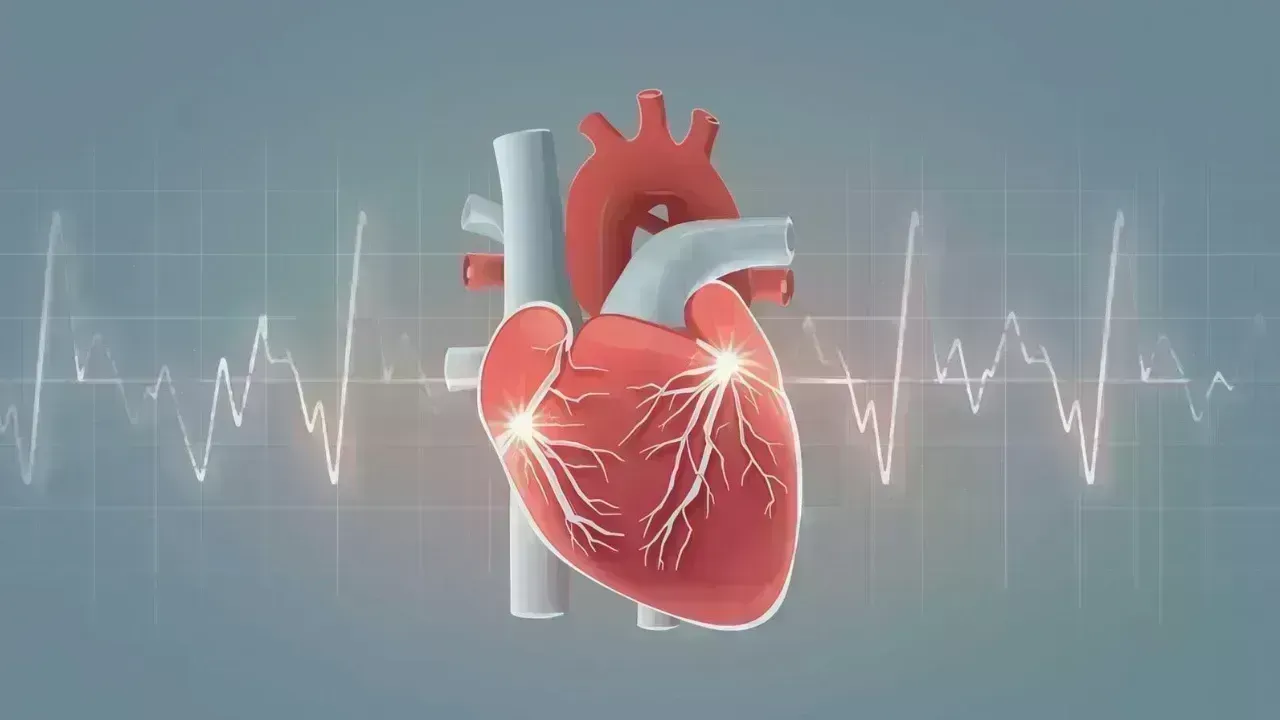
Post by : Monika
On October 2, 2025, France experienced large-scale protests and strikes across more than 240 locations in the country. These demonstrations were led by major trade unions, including the CGT (General Confederation of Labour) and CFDT (French Democratic Confederation of Labour). The protesters were opposing the government’s proposed budget cuts and demanding a reversal of recent state pension reforms. They also called for more spending on public services and higher taxes on wealthy citizens.
Why the Protests Happened
The French government has been under pressure to reduce its budget deficit, which reached 5.8% of the country’s GDP in 2024. This level is higher than the European Union’s recommended 3% limit. In response, President Emmanuel Macron and newly appointed Prime Minister Sébastien Lecornu proposed a series of austerity measures aimed at reducing public spending. These measures include cuts in social welfare programs, limitations on state subsidies, and restrictions on public sector hiring.
While the government argues that these steps are necessary to balance the budget and meet EU fiscal rules, many citizens and unions disagree. They say that these cuts will hurt everyday people, especially the elderly, low-income families, and public sector workers. The unions argue that the wealthy and big corporations should bear a larger share of the financial burden rather than ordinary citizens.
The Role of Trade Unions
The CGT and CFDT, two of France’s largest labor unions, have been at the forefront of the protests. They have organized marches, strikes, and demonstrations to show their opposition to the government’s policies. The unions say that the budget cuts threaten public services like healthcare, education, and transportation. They also argue that changes to pensions, which raise the retirement age and reduce benefits, are unfair to workers who have contributed to the system for decades.
The unions’ influence in France is strong, and their calls for action have been widely followed. Workers in both the public and private sectors have joined in, along with students and other citizens who are concerned about the future of social services in the country.
Key Demands of Protesters
The main demands of the protesters include:
More Public Spending: Citizens want the government to invest more in hospitals, schools, and public transport. They argue that these services are essential for daily life and should not be reduced.
Fairer Taxes: Protesters want higher taxes on the wealthy and corporations. They believe that the rich should contribute more to the state budget rather than ordinary citizens bearing the brunt of austerity measures.
Reversal of Pension Reforms: Recent changes to the pension system, including raising the retirement age and reducing benefits, have sparked anger. Protesters demand that these reforms be reversed to ensure fairness for workers and retirees.
Protests Across France
The demonstrations have been widespread, reaching cities, towns, and even smaller communities. In Paris, for example, students blocked entrances to schools such as the Lycée Turgot, holding flares and chanting slogans against the government. Public sector workers, including teachers, healthcare staff, and transportation employees, also joined the protests, causing disruptions in services.
In many regions, roads and public transport routes were blocked, and rallies were held outside government offices. Citizens carried banners and signs calling for social justice, better public services, and fair treatment for workers. The protests were mostly peaceful, but there were isolated incidents of clashes with police.
Government Response
The French government deployed around 76,000 police officers nationwide, including 5,000 in Paris, to maintain order and prevent any violent incidents. Officials emphasized that while the government respects the right to protest, public safety must be maintained. Security forces were instructed to manage crowds carefully and prevent damage to property.
Prime Minister Sébastien Lecornu addressed the nation, stating that the government remains committed to reducing the deficit while protecting essential services. He also encouraged dialogue with unions to find solutions that are fair for both workers and taxpayers.
Political Impact
The protests have created significant political pressure on President Macron and Prime Minister Lecornu. Lecornu, who has recently formed his cabinet, faces the challenge of managing public discontent while implementing necessary fiscal reforms. The previous Prime Minister, François Bayrou, faced criticism for proposing a €44 billion budget cut, which led to unrest and his eventual removal.
The current government must balance fiscal responsibility with public demands. Failure to address citizen concerns could weaken the government’s support in Parliament and among voters. Analysts warn that prolonged unrest could affect France’s reputation within the European Union and investor confidence in the country’s economy.
Economic Implications
The protests have immediate economic consequences. Strikes in transportation, healthcare, and education disrupt daily activities, affecting businesses and local economies. Delays in public transport can impact workers’ ability to reach jobs, while disruptions in healthcare services affect patients who need routine or urgent care.
Long-term economic implications may also arise if the government cannot implement reforms to reduce the deficit. Investors and international organizations are closely watching France’s fiscal policies. Prolonged unrest could lead to slower economic growth, lower foreign investment, and increased borrowing costs for the government.
Public Opinion
Public sentiment in France largely supports the protests. Many citizens feel that austerity measures unfairly target workers and vulnerable populations while sparing the wealthy. Recent polls indicate that a majority of French people favor increased investment in public services and higher taxation of the rich.
Citizens express concern about the potential impact on education, healthcare, and social welfare. Families with elderly members or children in school fear that budget cuts could reduce the quality and availability of essential services.
Social and Cultural Context
Protests and strikes have a long history in France and are a common way for citizens to express dissatisfaction with government policies. French labor unions are particularly influential and have successfully challenged government policies in the past. This cultural context helps explain the strong turnout and intensity of current demonstrations.
The protests also reflect a broader debate about social justice and economic equality. Many citizens feel that wealth and power are concentrated among a small elite, while ordinary workers face economic pressures. The demonstrations are seen as a way to demand fairness and challenge policies perceived as benefiting only the wealthy.
Possible Solutions
Experts suggest several approaches to resolve the crisis:
Dialogue with Unions: Engaging in negotiations with labor leaders could lead to compromises, such as gradual implementation of cuts or targeted reductions that minimize impact on vulnerable populations.
Progressive Taxation: Increasing taxes on the wealthy and large corporations could provide additional revenue without heavily impacting ordinary citizens.
Transparent Communication: Clearly explaining the necessity of reforms and how funds will be used may help build public understanding and reduce tension.
Future Outlook
The situation in France remains uncertain. Protests are likely to continue as the government balances budgetary responsibilities with citizen demands. The outcome of these demonstrations will shape France’s economic and political landscape for months to come.
Prime Minister Lecornu and President Macron must find a solution that addresses public concerns while maintaining fiscal discipline. How they handle the situation will affect public trust in government institutions, political stability, and France’s international reputation.
The widespread protests and strikes in France on October 2, 2025, highlight growing public dissatisfaction with government budget cuts and pension reforms. Citizens are demanding increased funding for essential services, fairer taxation, and a reversal of recent pension changes.
The protests demonstrate the strength of French labor unions and the public’s willingness to mobilize against policies perceived as unfair. While the government faces pressure to reduce the deficit, it must also respond to citizen demands to maintain political stability and social harmony.
The coming weeks will be critical in determining whether the government can find a balance between fiscal responsibility and public satisfaction. Resolving the unrest will require dialogue, compromise, and careful consideration of the social and economic impacts of any budgetary decisions.










NBA Friday Recap: Powerhouse Wins for Miami, LA, Milwaukee, and Clippers
Miami, LA Lakers, Milwaukee, and Clippers triumphed in a thrilling NBA Friday, showcasing standout p

Doncic Shines with 49 Points in Lakers' 128-110 Victory over Timberwolves
Luka Doncic dazzles with 49 points as the Lakers secure a 128-110 win against the Timberwolves, show

Kings Triumph Over Jazz 105-104 with Last-Minute Sabonis Effort
The Sacramento Kings edged out the Utah Jazz 105-104, with Domantas Sabonis making the decisive shot

Argentina's Friendly Match Against India Delayed, New Date to be Announced
The friendly match between Argentina and India in Kochi has been postponed due to FIFA approval dela

Rohit and Kohli Conclude ODI Journeys in Australia with a Victory
Rohit Sharma and Virat Kohli bid adieu to Australian ODIs with a final win, forming a 168-run partne

George Russell's Wrestling Mask Antics at Mexican Grand Prix
George Russell donned a wrestling mask to enjoy the Mexican Grand Prix from the stands, providing a